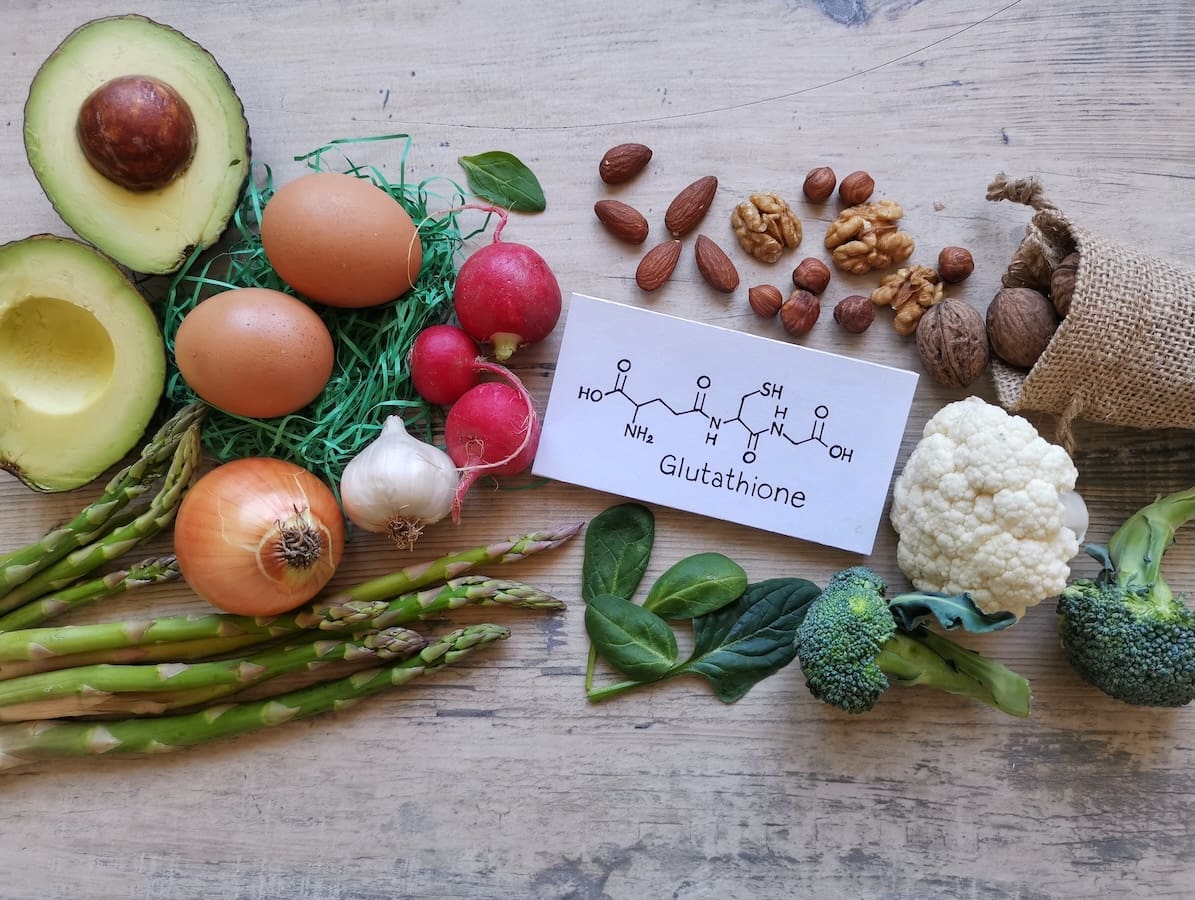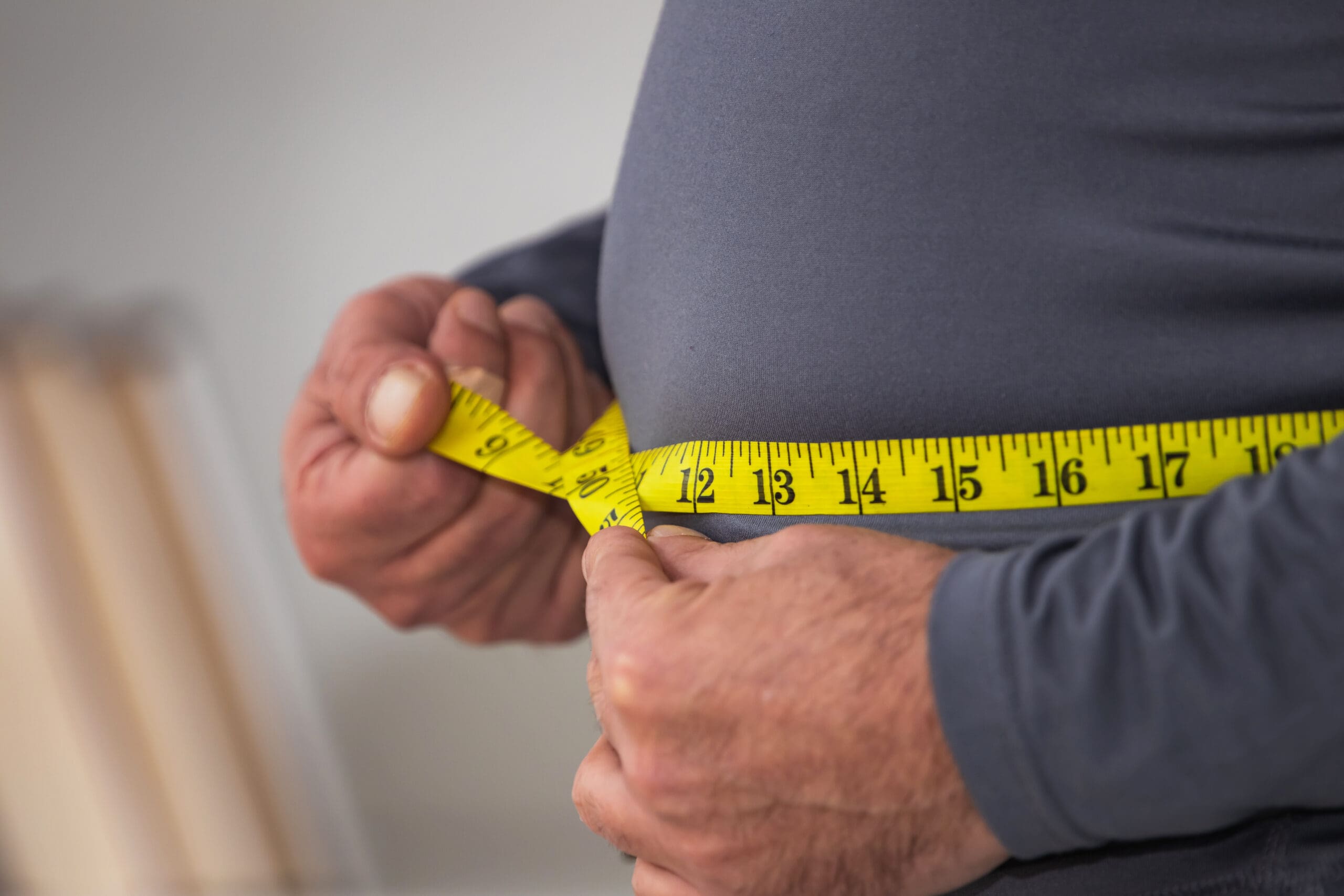What can you do to prevent overeating at a time when burning calories and motivation is still at that annual winter low?
Putting on weight over the winter months is almost a given, and it’s easy to see how. There is something primally nurturing about a warm cosy bed when the elements are pouring down around you outside. Your energetic spring out of bed which comes so easily nine other months of the year can look more like a broken slinky falling down stairs!
Above all, be aware of your eating habits.
If you find yourself falling into an eating or drinking habit, that is not particularly what athletes are made of, then often it will serve you well in the initial stages to simply form different, healthier habits, yes the habit is still there- for whatever mental emotional reason it is, however you are at least choosing a habit that isn’t going to send the scales into a twirling spiral over the winter months.
A great example is coffee. Change that for tea, yes of course that sounds boring initially- but just do it. Exchange your insulin producing dairy milk mug full of adrenal depleting coffee, for a soothing cup of tea- use your coffee plunger and fill it with tea if you need to – just change your habit!
Start your day with a homemade smoothie full of energy giving fibrous green vegetables- Chia seeds are added to most of my smoothies. The Fibre of Chia seed will expand to ten times their weight in water in your belly, leaving you feeling fuller for a long time.
Make sure there is always an omega 3 fat component to your meals- Walnuts, Salmon, Chia seed. Omega 3 fats contribute to the feelings of satiety and therefore aid in reducing calorie intake. Great for your brain too!
If you find you are stressed- don’t drink alcohol, this coping mechanism that is so widely accepted in our society, only heightens or prolongs feelings of anxiety and worsens its side effects- a side effect of which is overeating.
Drink plenty of water throughout the day. This can help quell the pangs of an empty stomach and promote a healthy digestive and lymphatic system.
Incorporate foods rich in Magnesium. A 2013 study in the Journal of Nutrition found that higher magnesium intake was associated with lower levels of fasting glucose and insulin-markers that related to fat and weight gain. Having a teaspoon of Magnesium powder when you get that want to “sugar binge” is another trick up your sleeve. Magnesium is known to reduce the amount of insulin released by the pancreas, making it an effective energy enhancing and weight loss tool to have in your cupboard.









Leave A Comment